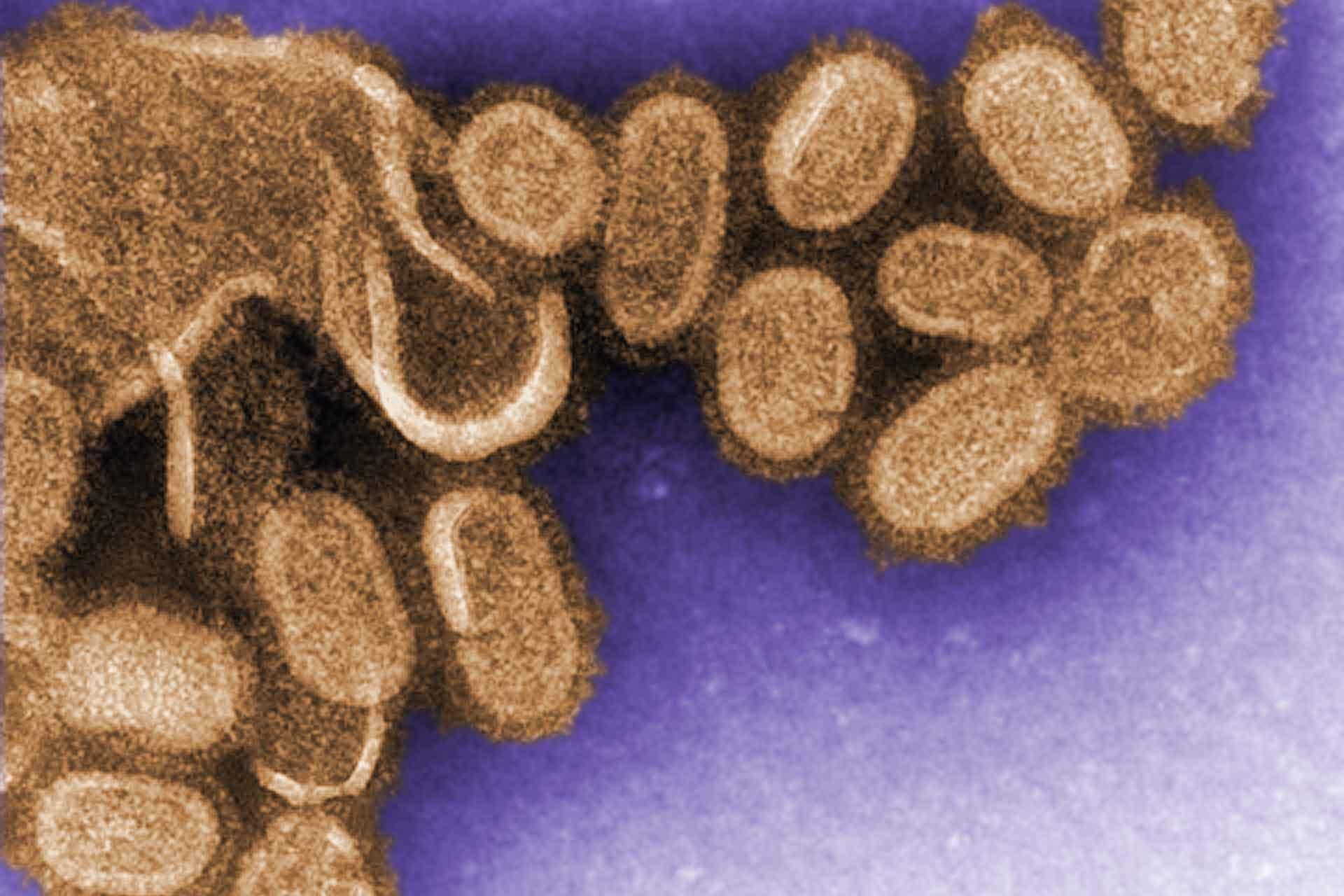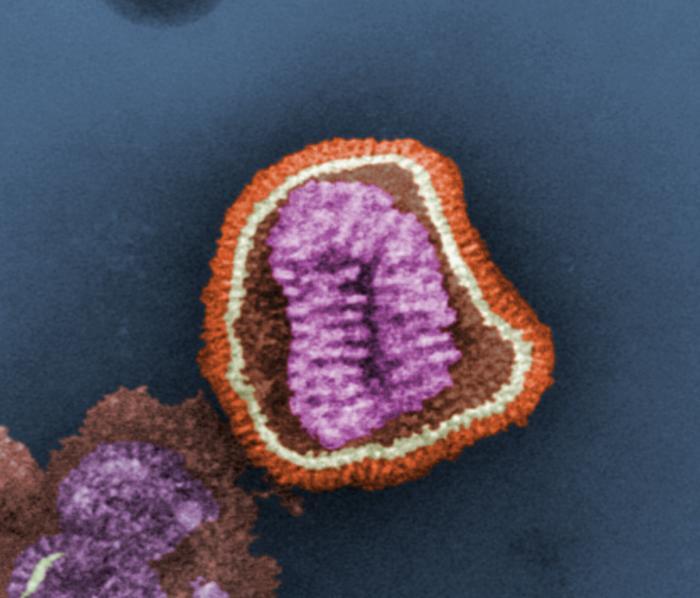Highly pathogenic avian influenza (HPAI) viruses, such as H5Nx, continue to cause severe outbreaks in poultry across the globe, leading to devastating economic losses and posing a risk to public health.
A major barrier to the widespread use of vaccines in outbreak control is the inability to distinguish between animals that have been vaccinated and those that have been infected - a concept known as DIVA (Differentiating Infected from Vaccinated Animals). Without DIVA-compatible tests, countries with strict culling policies cannot adopt vaccination as a control strategy, limiting options to mass culling and trade restrictions.
This project, in collaboration with Zoetis Inc., aims to develop and validate cost-effective ELISA-based serological tests that can accurately identify antibodies specific to avian influenza virus components. The approach focuses on detecting responses to neuraminidase (NA), haemagglutinin (HA), and nucleoprotein (NP) antigens, offering a route to effective, targeted surveillance and improved disease control strategies.
By enabling differentiation between vaccinated and infected birds, these tests will pave the way for more sustainable poultry farming, reduced environmental virus load, and better pandemic preparedness.
Collaborators
Leticia Sila (Zoetis Inc)


